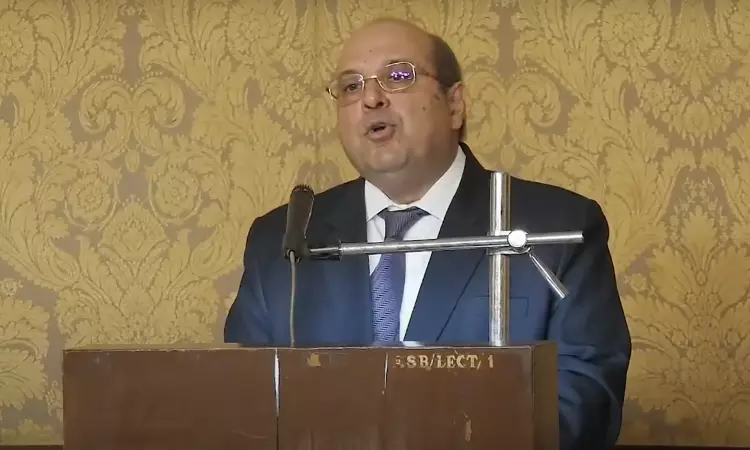Former Supreme Court Justice Rohinton F Nariman, yesterday (on December 15), expressed concerns about the tendency of the Governors to sit on bills and termed it a "disturbing fact", making a specific reference to the Kerala Governor.It may be noted that the Supreme Court is seized of a writ petition filed by the State of Kerala challenging the refusal of the Kerala Governor to grant assent...

